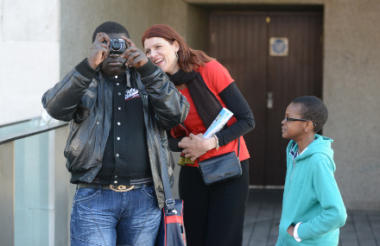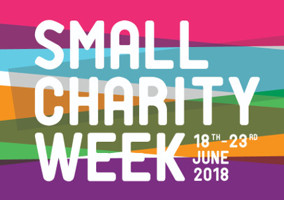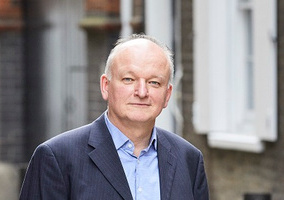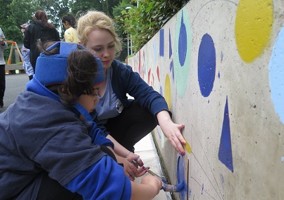Impact is fundamental to charities. We exist to make a positive impact on the lives of the people we work with; yet it can be difficult to quantify the positive impact of a social minded arts charity. So how can the empowering nature of creative arts really be measured?
A charity that feeds homeless people or sends aid to war torn countries has specific, tangible outputs and clearly quantifiable objectives. The outcomes from a creative arts workshop are far more multi-faceted, being focused as they are on reducing isolation, building confidence, team-work and creativity, and improving wellbeing. These can be harder to measure. In a world that demands return on investment and KPIs, the creative sector must adapt to this requirement.
In our experience, demonstrating impact requires rigorous, honest evaluation. Each project should be individually designed to meet community and funding partners’ unique needs; participant input should be integrated at the planning stage and throughout; clear, relevant aims and intended outputs/outcomes need to be agreed at the outset; and the project should then be evaluated against these. Planning and debrief meetings start and conclude each project; daily feedback is collected from both participants and community partner staff; and we have a 100 per cent feedback policy, with verbal and written feedback being collected wherever possible from all participants, staff, volunteers and our artists. 360 degree reporting allows a full picture to be painted.
Each project is monitored through verbal communication, observation and written response via carefully tailored questionnaires; and the qualitative and quantitative feedback collected are used to produce a detailed evaluation report that assesses the extent to which the pre-agreed intended outputs and outcomes have been met. This is the primary means by which formal feedback from each project is disseminated to the community partners (eg: schools, day centres, prisons, carer services), funders and Create artists. The learning and recommendations are then used in the planning and delivery of all future projects.
Measuring the longer term impact
In addition to this post-project evaluation, we also measure the longer term impact of our projects. Making it Matter, as we call this process, is delivered by an external consultant in partnership with one of our Trustees. They revisit two of our partner organisations each year, 6-24 months after a project took place, and conduct a focus group with participants and an in-depth interview with the staff member. Their report assesses the extent to which our participants’ lives have been impacted by our work.
The creative arts play a vital role in people’s wellbeing. And in an increasingly mechanised world, where companies are looking for a workforce that can find creative solutions to problems, creative arts projects are able to inspire and upskill, helping to fill a gap that has been caused by years of arts defunding. We believe that rigorously assessing the impact of our work, embedding the learning from this process, and demonstrating the value of creative interventions in empowering people who are vulnerable is crucial for our participants, community partners, funders and society as a whole.
Nicky Goulder is co-founder & chief executive of arts charity Create, a 2017 Winner of the FSI's Small Charity Big Impact awards.
Create were also a winner at Civil Society Media's 2017 Charity Awards, winning the Arts, Culture and Heritage category.
Related articles












